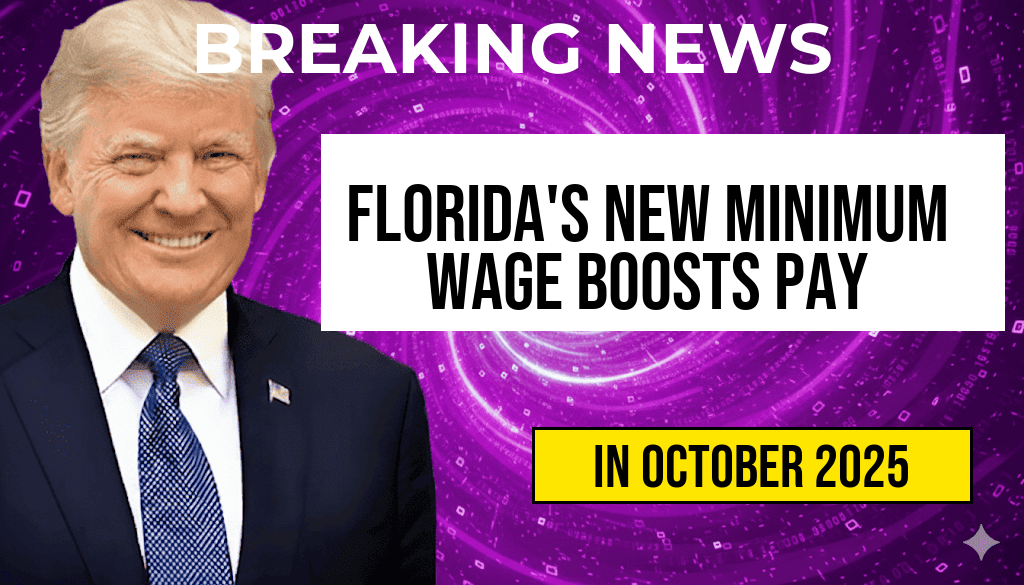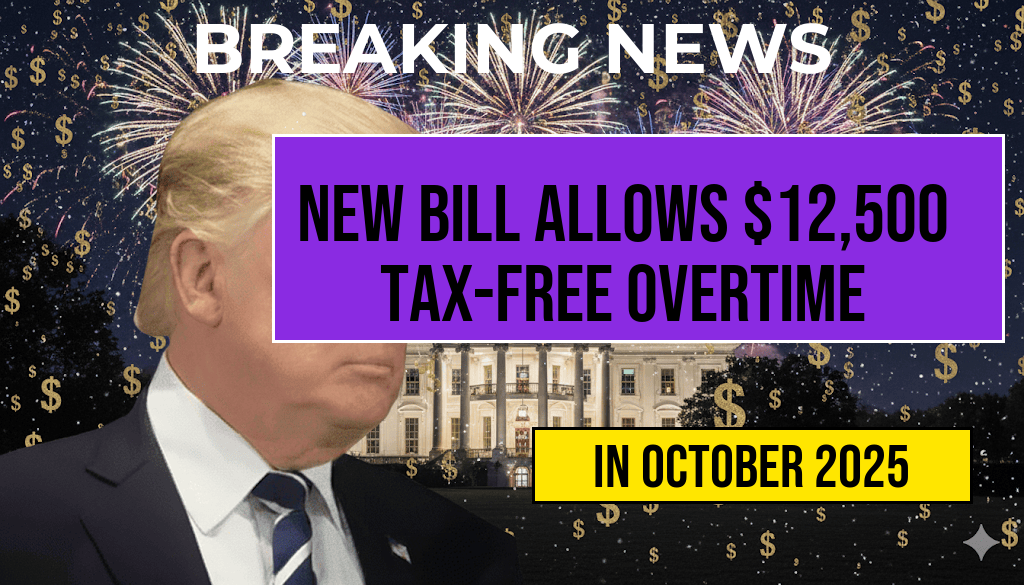Florida’s recent decision to raise its minimum wage to $14 per hour is set to significantly impact the annual earnings of full-time workers across the state. This change, part of a gradual increase that began in 2021, is expected to enhance the annual income of full-time employees by approximately $2,080, providing a much-needed boost to those in low-wage positions. Starting on September 30, 2023, the new wage will not only elevate financial stability for many families but also potentially stimulate local economies as workers have more disposable income to spend. Advocates argue that this wage increase is essential for keeping pace with the rising cost of living in Florida, where inflation has placed additional strain on household budgets.
Details of the Minimum Wage Increase
The increase to $14 per hour is part of Florida’s commitment to reach a minimum wage of $15 by 2026. According to the Florida Department of Economic Opportunity, this incremental approach allows businesses and workers to adapt gradually. The new rate represents a significant leap from the previous minimum wage of $13, which had been in effect since January 2022.
Impact on Workers and Families
For full-time employees, the increase to $14 per hour translates to an annual salary of approximately $29,120, assuming a 40-hour workweek. This figure is a marked improvement from the previous annual earnings of $27,040 at the $13 wage level. For many families, this additional income can alleviate financial pressures and allow for greater spending on essentials such as housing, food, and healthcare.
Who Will Benefit?
- Low-wage workers in sectors such as retail, hospitality, and food service are expected to see the most immediate benefit.
- Single parents and low-income families could experience a significant reduction in financial stress.
- Workers who are currently earning close to the minimum wage will see the most considerable percentage increases in their paychecks.
Business Reactions
The response from business owners has been mixed. Some small business owners express concern that rising labor costs may lead to increased prices for consumers or reduced hiring. Conversely, larger corporations may find it easier to absorb the wage increase due to their higher profit margins. The Florida Chamber of Commerce has indicated that while the wage hike could challenge some businesses, it also provides an opportunity for increased employee retention and productivity.
Economic Considerations
Economists suggest that raising the minimum wage can have a positive ripple effect on the economy. With more disposable income, workers are likely to spend more, which can boost local businesses and stimulate economic growth. However, some experts caution that if wage increases outpace productivity, it could lead to inflationary pressures, potentially offsetting the benefits of higher wages.
Historical Context
Florida’s journey towards a higher minimum wage began with a ballot initiative in November 2020, where voters approved a plan to incrementally raise the minimum wage to $15 by 2026. This move was a response to growing concerns about income inequality and the need for a living wage, particularly in a state where the cost of living has risen steeply in recent years.
Looking Ahead
As Florida progresses towards its $15 per hour goal, stakeholders will continue to monitor both the economic impact and the responses from the business community. The upcoming wage increases will be crucial to ensuring that workers can keep pace with the rising cost of living, while also supporting a robust economic environment that benefits all Floridians.
For further details on Florida’s minimum wage changes, you can refer to the Wikipedia page for comprehensive information. Additionally, the Forbes article provides insights into the implications of the wage increase for businesses and employees alike.
Frequently Asked Questions
What is the new minimum wage in Florida?
The new minimum wage in Florida is set at $14 per hour, which is part of a gradual increase aimed at reaching $15 per hour in the coming years.
How much could full-time workers expect to earn annually with the new wage?
With the new $14/hour minimum wage, full-time workers could see their annual pay increase by approximately $2,080, assuming a standard 40-hour work week.
When does the new minimum wage take effect?
The new minimum wage is effective immediately, and employers are required to adjust their pay rates accordingly.
Why was the minimum wage increased in Florida?
The increase in the minimum wage in Florida is part of an effort to help workers cope with rising living costs and to promote economic stability in the state.
What impact might this wage increase have on businesses?
While the minimum wage increase may provide higher earnings for employees, businesses may face challenges such as increased labor costs, which could influence hiring practices and pricing strategies.






